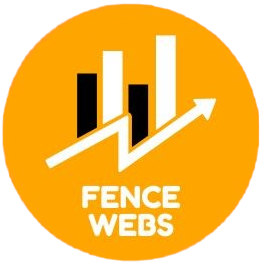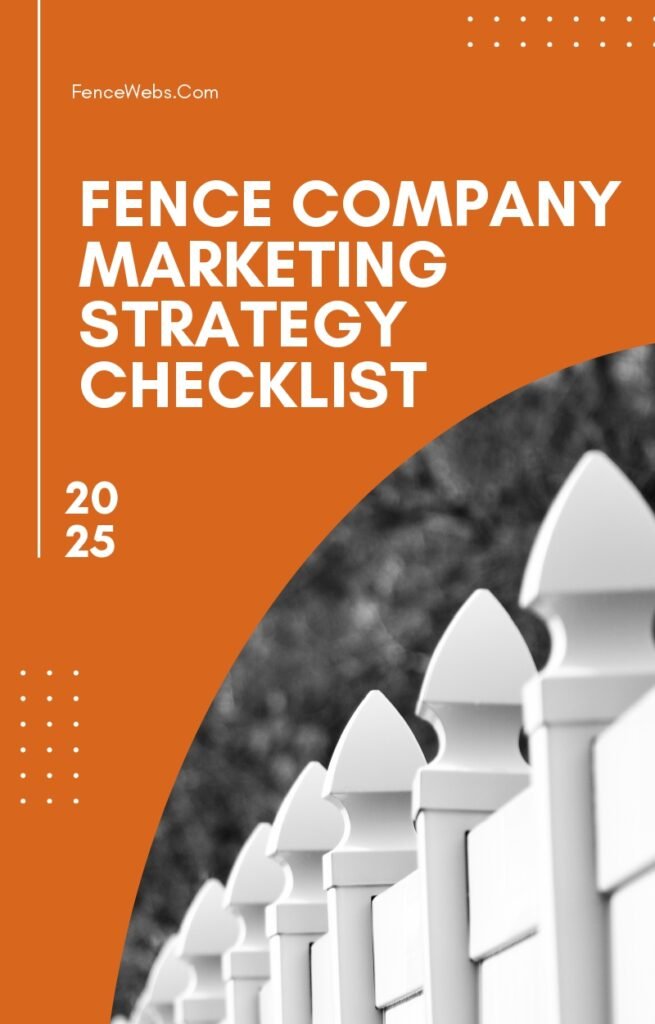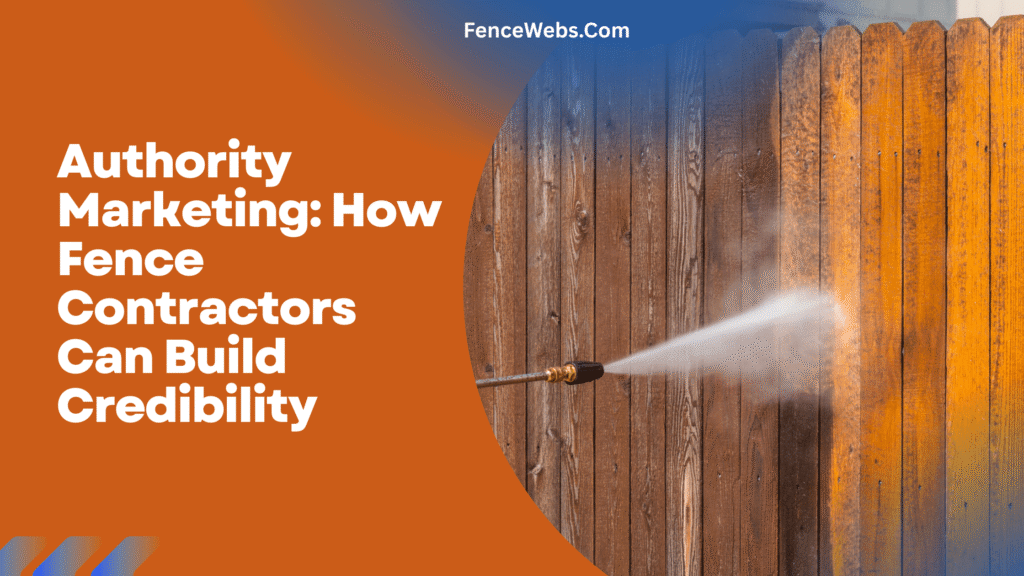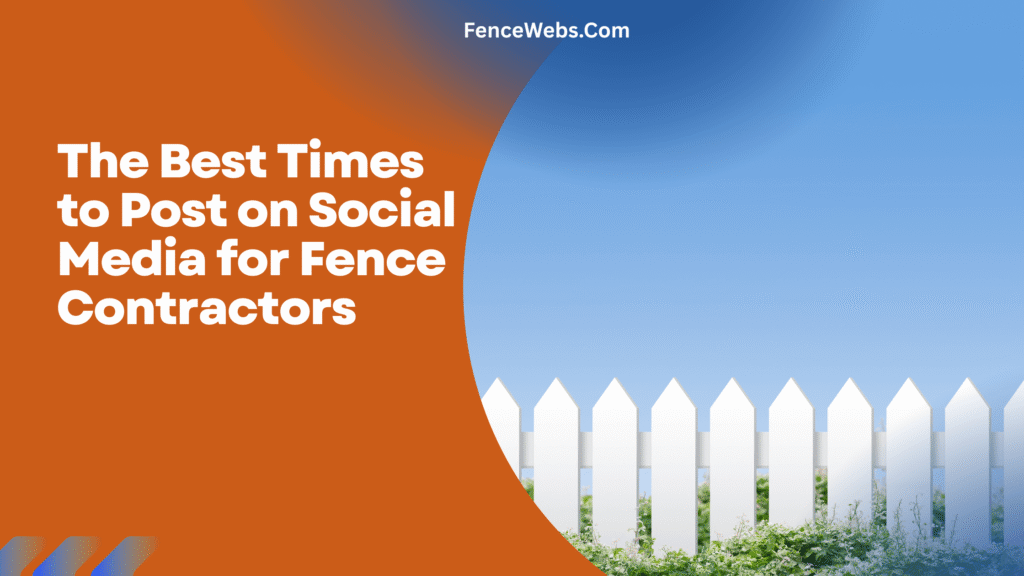If you’re a fence contractor, you’ve probably heard the term “citations” thrown around. Maybe your web guy mentioned it. Maybe you saw it in a blog. But what does it really mean? And more important, does it matter for your business?
Let’s clear things up.
What Is a Citation?

A citation is any mention of your business online. It doesn’t have to link to your website. It just needs to show your business name, address, and phone number (called NAP).
Think of it like this: a citation is your business info showing up on places like Google, Yelp, Facebook, or even smaller directories.
Here’s a basic example:
Joe’s Fence Company
123 Main Street, Columbus, OH 43215
(614) 555-1234
Even if there’s no link to your site, Google still counts that as a citation.
Why Do Citations Matter?
Google uses them to check if your business is real. If your NAP info is the same across the web, Google feels more confident that you’re a legit company. That helps you rank better in local search.
If your info is missing or wrong, that’s a red flag. You might lose trust in Google’s eyes and that can cost you traffic, leads, and money.
Where Can You Get Citations?
Some citation sites are big and well known. Others are smaller, but still helpful. Here’s a mix of both:
- Google Business Profile
- Yelp
- YellowPages
- Angi (used to be Angie’s List)
- BBB (Better Business Bureau)
- Nextdoor
- Houzz
- HomeAdvisor
- Foursquare
- Bing Places
- Local.com
You can also get citations from industry specific directories, like contractor or construction directories.
What Makes a Good Citation?
Not all citations are equal. A few things make a good citation:
- Correct NAP: Your name, address, and phone must match what’s on your website and Google.
- Category: You should be listed in the right category, like “Fence Contractor” or “Home Services.”
- Consistency: Use the same format everywhere. Don’t write “St.” in one place and “Street” in another.
Even little differences can confuse search engines.
How Many Citations Do You Need?
There’s no magic number. But in most cases, more is better as long as they’re accurate.
You should aim for the top 50 to 100 local and national directories. If your competitors have 60 and you have 20, guess who ranks higher?
Do Citations Help SEO?

Yes, especially local SEO.
Citations are one of the main signals Google looks at when ranking local businesses. They’re not the only factor, but they play a role.
Let’s say someone searches “fence company near me.” Google pulls results based on:
- Your Google Business Profile
- Your website
- Your citations
- Reviews
- Location
So if your citations are missing or wrong, you might not even show up.
How Do You Build Citations?
You can do it yourself or hire someone.
If you want to do it yourself:
- Make a list of the top citation sites.
- Create accounts on each one.
- Enter your NAP info the same way each time.
- Keep a record of your logins.
- Update them if your info changes.
If you hire someone:
Make sure they know what they’re doing. Some services create fake listings or use the wrong info. That can hurt more than help.
What About Citation Tools?
There are tools that help you manage citations. A few examples are:
| Tool | What It Does |
|---|---|
| BrightLocal | Builds and tracks citations |
| Yext | Syncs listings across platforms |
| Whitespark | Finds citation opportunities |
| Moz Local | Checks and fixes bad data |
These tools save time, but they cost money. They’re useful if you want a hands off option.
Do You Need Citations If You Already Have a Website?
Yes.
Your website is only one piece of the puzzle. Citations help people (and search engines) find and trust your business.
Think of it like word of mouth. If people hear your name in lots of places, they’re more likely to call you. Same with Google.
Common Mistakes With Citations
Here’s what to avoid:
- Wrong phone number
- Old business name or address
- Using different formats
- Duplicate listings
- Forgetting to update listings
These mistakes are easy to make, but they can drag down your rankings.
What If You Changed Your Business Info?
If you moved or changed your number, go back and update your citations.
Don’t just update your website. You need to change it everywhere. Google won’t know unless you tell it.
This can take time, especially if you have 50+ listings. But it’s worth it.
What If You’re a New Fence Company?
Start building citations early.
Even if you don’t have reviews yet, you can still set up your listings. That gives Google a head start on learning about your business.
It also helps you start ranking faster.
Are Reviews Part of Citations?
Not exactly. Reviews are their own thing, but they often live on the same sites.
For example, your Yelp listing is a citation, and your reviews live on that same page.
So they’re connected. If you want to get more out of your citations, ask happy customers to leave reviews.
What’s the ROI on Citations?
You might not see results overnight. But over time, good citations help you show up more often in local searches. That leads to more clicks, more calls, and more jobs.
It’s like planting seeds. They take a while to grow, but once they do, they pay off.
Final Thoughts
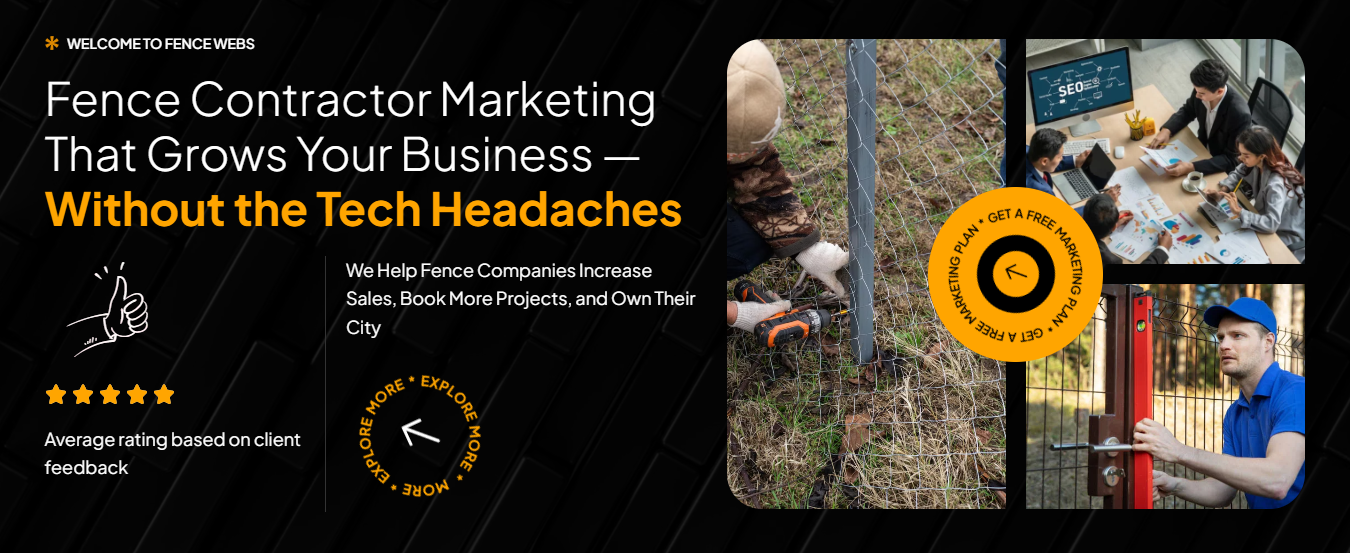
Citations aren’t flashy. They’re not fun. But they matter.
If you want your fence company to show up in search results and stay there, you need solid, clean, consistent citations.
At FenceWebs, we help fence contractors with all of this. We’ve been doing it for five years. If you’re not sure where to start or don’t have time to do it yourself, we’re happy to help.
But even if you handle it on your own, don’t ignore citations. They may seem small, but they can make a big difference.
Want help getting your citations in order? Reach out to FenceWebs and let’s talk. No pressure. Just straight up help for fence pros like you.
